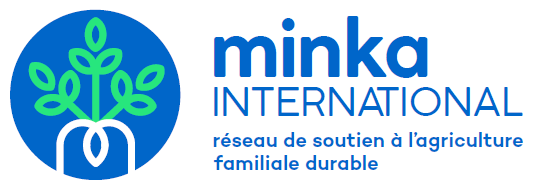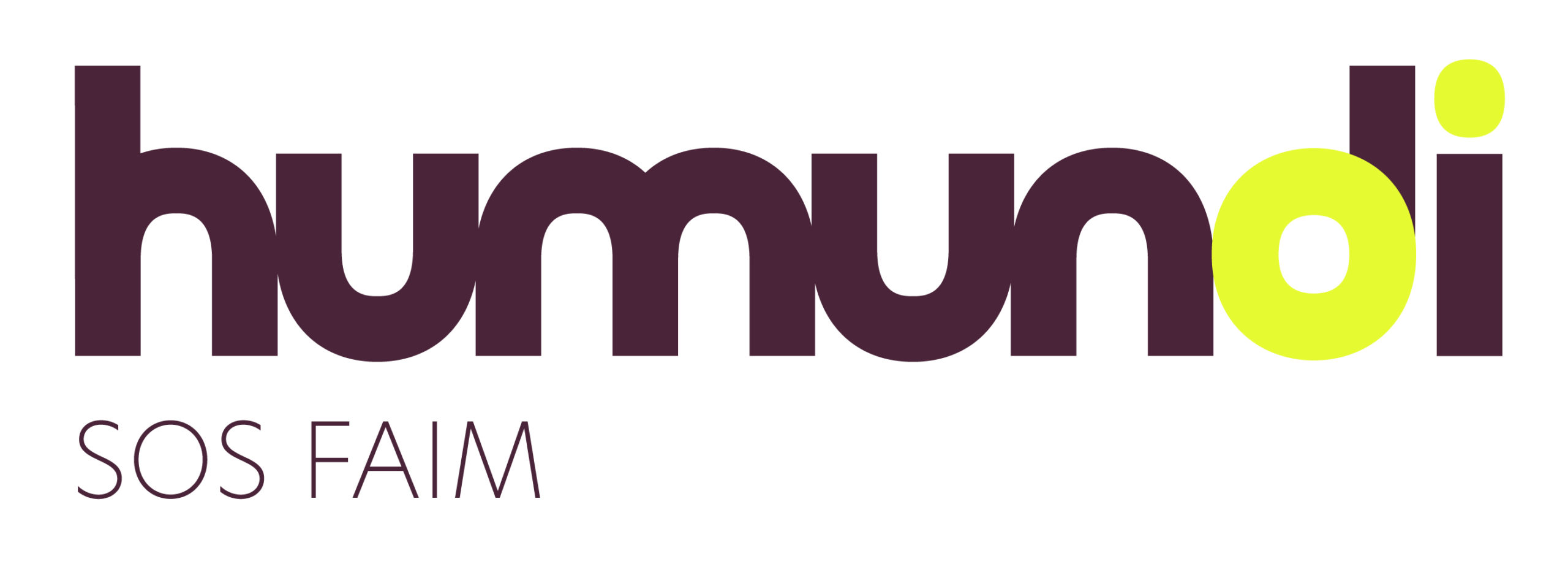WHAT IS HUMUNDI ?
HUMUNDI (Formely SOS Faim) is a Belgian development NGO, active in the fight against hunger and poverty in Africa and Latin America. The association supports family farming, driven by the conviction that small farmers have the capacity to feed the world. For SOS Faim, family farming is a model that allows farming communities and populations in general to achieve food security and sovereignty, thus allowing a world without hunger.
WHAT DOES HUMUNDI DO?
The general objective is to fight against hunger and poverty by supporting family farming based on two main axes. On one hand, the NGO support capacity building of farming communities in Africa and Latin America by providing them with technical, organisational and financial support so that they themselves can improve their food, economic and social situation in a sustainable way and ultimately become self-sufficient. On the other hand, it raises awareness and mobilise Belgian and European citizens in order to influence, together with its partners in the South, the policies that have an impact on hunger and poverty in the world. Another approach of SOS Faim is the partnership approach, since the NGO works in collaboration with local partners such as farmers’ organisations, agricultural production associations or microfinance institutions.
AND MORE CONCRETELY?
Humundi’s main approach is agroecology, which strengthens the food and economic autonomy of the peasant world while preserving the environment and ecosystems. Humundi also promotes sustainable and fair marketing channels, which guarantee a decent income to the peasant world.
Through campaigns and advocacy actions, the organization gives farmers and eaters a voice, thus influencing public policies in favor of sustainable and equitable food systems. Its objective is to make this agroecological transition a priority for politicians, citizens, peasant movements and all actors involved in the transformation of food systems.
Humundi is firmly committed to guaranteeing the fundamental right to healthy and sustainable food for all, while preserving the planet for future generations.
WHERE DOES HUMUNDI ACT?
Bolivia, Burkina Faso, Congo (Democratic Republic), Ethiopia, Ecuador, Mali, Niger, Peru, Senegal.
WHAT IS THE SITUATION IN THESE COUNTRIES?
Bolivia is considered one of the poorest country in South America as poverty is concentrated in rural areas and affects mostly women. In Burkina Faso, family farming employs 90% of the population but paradoxically contributes only one third of the country’s GDP. The primary cause of poverty is the poor performance of agricultural activity. The climate is not favourable to farmers either, as the long dry season push farmers to temporary migration to the cities or to coastal countries in search of odd jobs. The Democratic Republic of the Congo is considered one of the poorest countries in the world with the highest gender inequality despite the presence of natural resources such as forests, natural gas and oil. Ethiopia is the second most populous country in Africa. The vast majority of the population lives in rural areas and on less than $1.25 per day. Problems of undernourishment are recurrent. In Ecuador, rural areas have benefited much less from the advances made in the country, which has enjoyed significant growth over the past decade. 43% of the population suffers from poverty, which mainly affects women and indigenous people. Mali is facing political, economic, food and conflict crises. The Malian population is one of the most vulnerable and poorest in the world. Food security is therefore a priority in Mali. In addition, the country’s much lower than expected rainfall has resulted in a food crisis and inequalities. In Niger, agriculture is an essential element of economic growth, since 40% of GDP in Niger is generated by agriculture, livestock, fishing and forestry. Despite the importance of these activities, Niger suffers from chronic food insecurity due to recurrent natural and humanitarian crises. Agriculture is essentially rain-fed and therefore subject to climatic hazards. In Peru, the country is very unequal, as the cities are doing better but the rural areas remain particularly affected by poverty and food insecurity. Street youth are exposed to all types of violence and risks, including human trafficking, prostitution and drug use. Young people leave the countryside to escape violence and end up alone in public squares in Lima, for example, without families or resources to help them. In Senegal, 72% of the population lives from agriculture and the vast majority of this population works on small family farms. Some regions are chronically food insecure and are unable to produce enough to ensure their food autonomy. Women are the most affected by poverty because of the high inequality between men and women and the low literacy rate of adult women (19%) compared to men (51%).
Site web : https://www.humundi.org/en/homepage/
Siège : Belgium
Pays d'action : Bolivia, Burkina Faso, Congo (Democratic Republic), Ethiopia, Ecuador, Mali, Niger, Peru, Senegal.
Actions : Fight against poverty and food insecurity in rural areas

